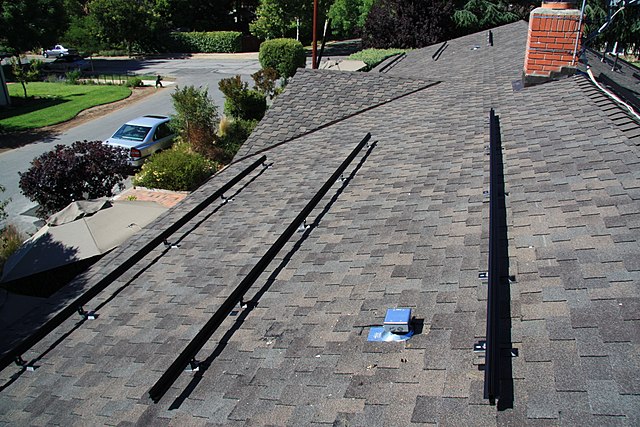REDcert2-certified BASF's biomass balance technique enables the use of sustainably obtained bio-feedstocks to swap out the fossil-based raw materials necessary for the production of ACRONAL products. The resulting ACRONAL MB binder is chemically comparable to its fossil-based ACRONAL product since the renewable raw materials are substituted early in the value chain; hence, no reformulation is necessary.
The majority of greenhouse gas emissions in the architectural coatings sector are produced indirectly along the value chain, including by the use of acquired raw materials. Architectural formulations created by BASF that use ACRONAL MB acrylic binders greatly minimize the product carbon footprint of each paint can.
"As we launch our new biomass balance ACRONAL portfolio, we're not just looking to provide a solution; we're looking to pioneer a sustainable future for the architectural coatings industry," said Justin Davis, BASF business director for Architecture, Infrastructure and Adhesives. "The core of the ACRONAL MB product line is our commitment to innovation and sustainability, and together with our customers, we are honing what is possible in the field of sustainable architectural coatings."

